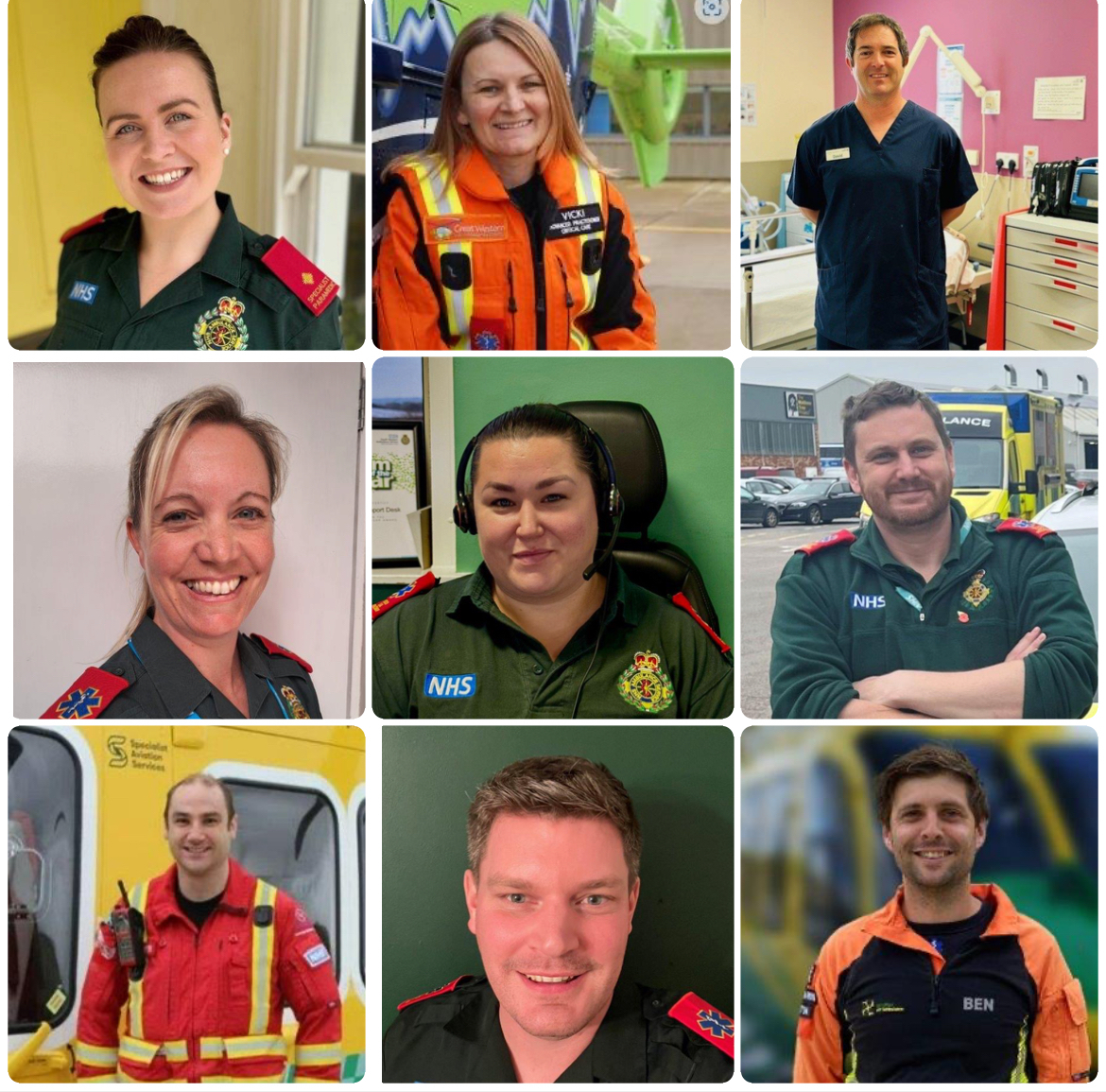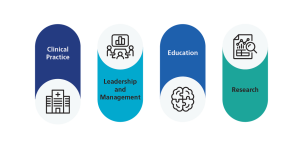Advanced Practice is delivered by experienced, registered health and care practitioners. It is a level of practice characterised by a high degree of autonomy and complex decision making. This is underpinned by a master’s level award or equivalent that encompasses the four pillars of clinical practice, leadership and management, education and research, with demonstration of core capabilities and area specific clinical competence.
Advanced Practice embodies the ability to manage clinical care in partnership with individuals, families and carers. It includes the analysis and synthesis of complex problems across a range of settings, enabling innovative solutions to enhance people’s experience and improve outcomes.
Advanced Practice is a level of practice, rather than a specific job role or title.
Click for full details of the multi-professional framework for advanced clinical practice.
Academic Attainment:
MSc Advanced Practice / MSc Advanced Clinical Practice
Formal External Accreditation:
NHSE Digital Badge – Accredited Course OR ePortfolio Route
Trust roles recognised as working at an Advanced Level:
ACP-Urgent and Emergency Care
ACP-Urgent Care (Tiverton UTC)
ACP-Critical Care
ACP-Remote Clinical Assessment (EOC)


